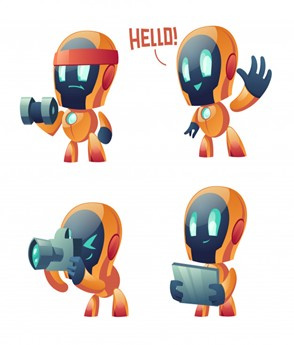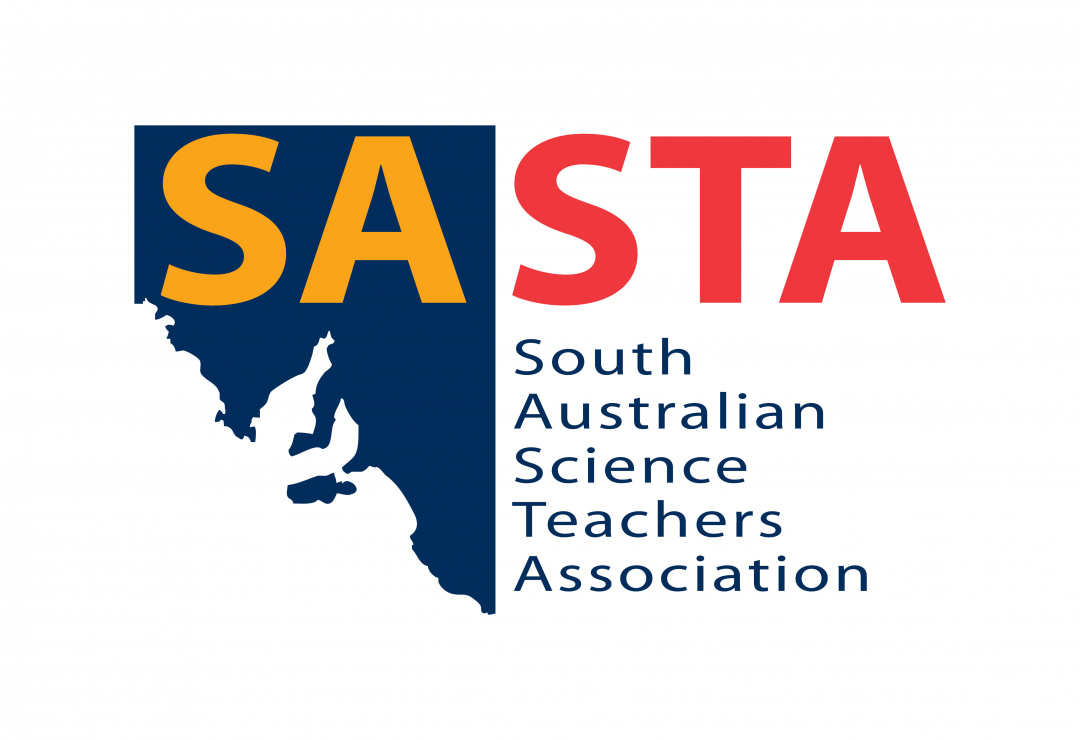Posted by Oliphant Science Awards
on 11/03/2021

by Glen Hutson
Do you know what makes the Programming, Apps & Robotics category different to all the rest?
It’s the interview!
Most years I meet with students as they demonstrate and explain their creations. The Oliphant rules ask that you come and show us how it works and often why it works by peeling back the layers, to expose the code and underlying technology.
Most students find this a little intimidating, asking...Will the judges be harsh? Can mum and dad bail me out if the questions get really hard? What happens if my project breaks or crashes?
The interview is a learning experience, we are judging but also collaborating. In our 20 minutes together, we work to get the best from your project. We have fun and though mum and dad cannot help you out, we find ways to bring them into the conversation.
What we want to establish is:
- Does your project achieve its aim?
- Is it resilient?
- Does it look good?
- Is there any copied code?
- Did you learn from the process?
- Do you know how to improve the project?
- Most importantly does it have a scientific basis?
What we hope to pass on:
- Is your project successful and innovative?
- Possible improvements
- Quick tips on techniques. Languages, software tools etc.
- Enthusiasm and guidance for future entries.
Here is an example of a great entry that benefited from the interview process.
An entrant submitted a program that modeled secure communications between two devices using encryption. The code was very well designed and written, but the encryption was unusual. The judges assumed the students knew about the popular RSA encryption, but when asked they did not, and after a quick knowledge transfer the team went off with new ideas and encouragement to submit a follow up the next year. Sure enough, 12 months later they returned with a winning entry based on RSA.
I think Programming, Apps & Robotics is the best category (and yes, I’m biased). You get instant, supportive feedback, we have fun, and your parents get to see you show off. What could be better? Oh! and when something goes wrong, we will be there to help you out. Having said that, there are disasters we can’t avert that happen every year, so remember:
- Bring your completed paperwork, forms, code listing.
- Check the rules and rubric.
- Make sure the project has science content.
This last point is important. We ask that the coding part of the project also serves a scientific purpose. It is not enough that your robot walks and talks, but if it conducts an experiment then you’re talking. Check out these past winners. And here are examples of science content related to computing content.
|
CODING COMPONENT |
SCIENCE COMPONENT |
SCIENCE |
|
Plant watering sensor |
Effect of watering |
Botany |
|
Camera – video control |
Animal Strides |
Biology |
|
Fixed point tracking |
Astrophotographs |
Astronomy |
|
Lie Detector |
Motivations for lying |
Psychology |
|
Charge controller |
Better battery charging |
Engineering |
|
Thrust Controller |
Model rocket |
Rocketry |
|
Turbidity measurement |
Water quality monitor |
Environment |
Good luck with your project!
We are looking forward to meeting you and your ‘creation’ in the near future.
Glen
Glen Hutson has been a judge of the Programming, Apps & Robotics category of the Oliphant Science Awards for 10 years.
You can view all the 2020 Programming, Apps & Robotics winning entries here.
In this Section
Archive
- February 2026
- January 2026
- December 2025
- November 2025
- October 2025
- September 2025
- August 2025
- July 2025
- June 2025
- May 2025
- April 2025
- March 2025
- February 2025
- January 2025
- December 2024
- November 2024
- October 2024
- September 2024
- August 2024
- July 2024
- June 2024
- May 2024
- April 2024
- March 2024
- February 2024
- December 2023
- November 2023
- October 2023
- September 2023
- July 2023
- June 2023
- May 2023
- April 2023
- March 2023
- February 2023
- January 2023
- December 2022
- November 2022
- October 2022
- August 2022
- July 2022
- June 2022
- May 2022
- April 2022
- March 2022
- February 2022
- January 2022
- December 2021
- November 2021
- October 2021
- September 2021
- August 2021
- July 2021
- June 2021
- May 2021
- April 2021
- March 2021
- February 2021
- January 2021
- December 2020
- November 2020
- October 2020
- September 2020
- August 2020
- July 2020
- June 2020
- May 2020
- April 2020
- October 2018
- September 2018
- August 2018
- July 2018

